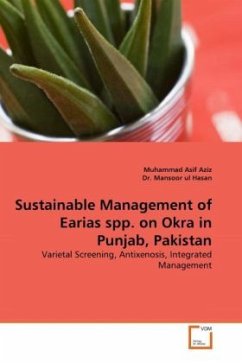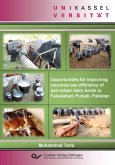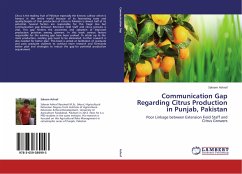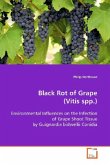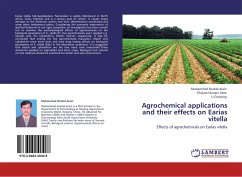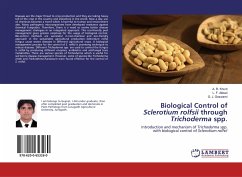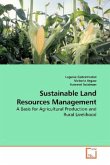In the present studies, thirty genotypes of okra were screened against Earias spp. The genotypes, Parbani kranti, Pusa sawani, and Ikra-1 appeared to be most preferred while Diksha and Sabz pari proved to be least preferred to Earias spp. on the basis of fruit infestation (%). Maximum temperature was the most important weather factor which contributed maximum for fruit infestation i.e. 60.50 % for average of both the study years, respectively. Hair density on midrib was the most important physical character which showed significantly negative impact and contributed 42.7 % role in the fluctuation of fruit infestation. Crude protein was the most important biochemical factor which contributed 79.9% role followed by reducing sugars (12.6 %). The treatment Hand picking and spray of Tracer used alternatively was found to be the most effective resulted in minimum fruit infestation. Whereas, combination of hand picking, neem extract and Tracer resulted in maximum increase in yield over control and was found most economical with CBR of 1:20.28.
Bitte wählen Sie Ihr Anliegen aus.
Rechnungen
Retourenschein anfordern
Bestellstatus
Storno

